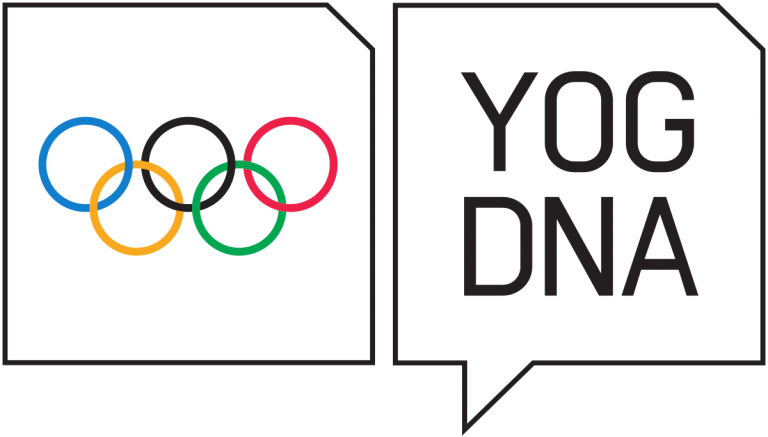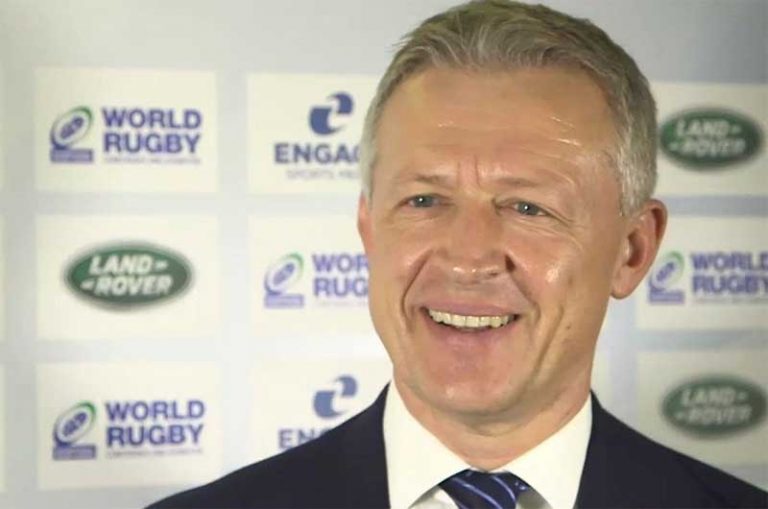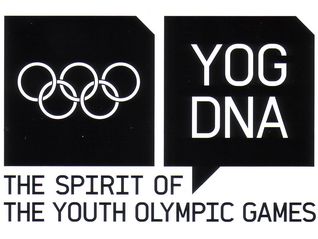Six years after South Korea staged the PyeongChang 2018 Olympic Games, younger Olympians will return to compete for Gold in many of the same events.
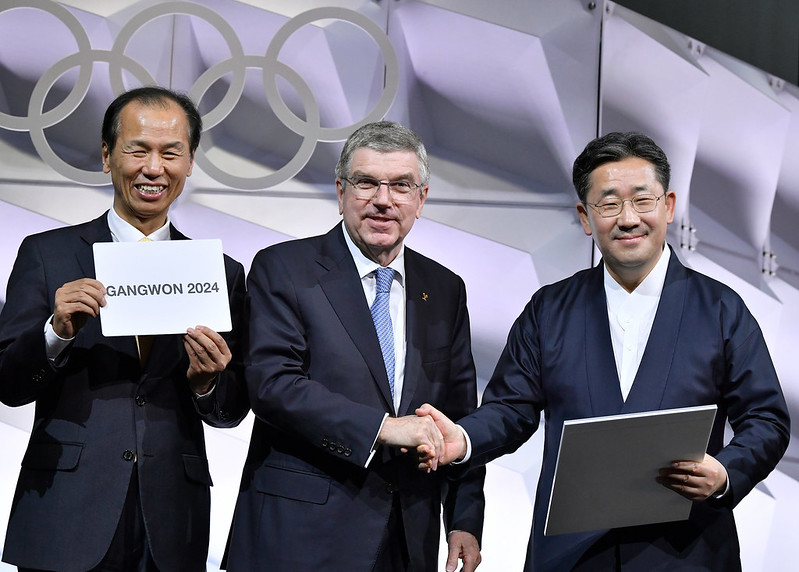
On Friday International Olympic Committee (IOC) members voted 79-2 to award the 2024 Winter Youth Olympic Games to Gangwon Province, utilizing familiar venues in PyeongChang and Gangneung. This fourth edition will be the first time the event is staged outside of Europe
Gangwon 2024 ran unopposed in a new fast-track targeted process that follows new reforms introduced by the IOC last year. The Korean Sport and Olympic Committee (KSOC) first developed the plans only last September and the IOC Future Games Commission first met November 22.
IOC President Thomas Bach claimed the idea for Gangwon 2024 was born last July when he visited Gwangju in South Korea for the FINA World Aquatics Championships.
Before a vote by secret electronic ballot, IOC members heard a presentation by the KSOC during an all-members session held in Lausanne, Switzerland on the sidelines of the current edition of the Winter Youth Olympic Games.
The vote was a rubber-stamping of the decision already made by the IOC’s Executive Board on Wednesday after the Future Host Commission for the Winter Games led by Octavian Morariu recommended the South Korean proposal.
Octavian said no other cities approached the Future Games Commission by November, so only Gangwon was considered to host. Brasov in Romania and Sofia in Bulgaria had been organizing projects earlier last year but they did not materialize.
The IOC could contribute up to USD $25 million to the project.
Organizers chose to name the Games “Gangwon 2024” to differentiate the event from the PyeongChang 2018 event and to identify the host province that symbolically straddles the North and South Korean border. The province will sign the host city contract.
President Bach said he was open to the possibility that some competitions could be staged in North Korea as part of the quadrennial event that hosts athletes from 14 to 18 years of age.
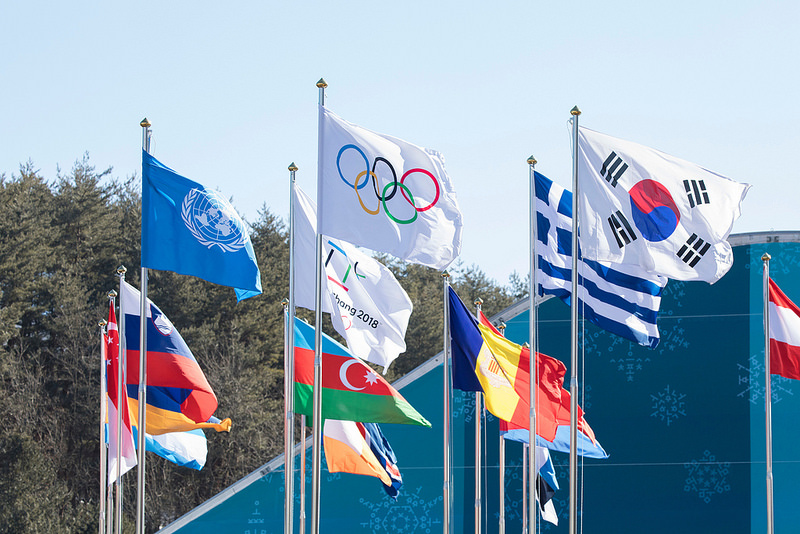
“The offer by the IOC is very clear as has been expressed today, we will now wait for the reaction to this offer to the DPRK at the appropriate time,” Bach said Friday following the vote.
“From the very beginning this idea was part of the approach that we would be ready to accept the National Olympic Committee of North Korea to be a partner of the organization if the circumstances will allow.”
The two nations on the Korean Peninsula began collaborating on a joint 2032 Olympic Games bid in 2018 but enthusiasm around the project cooled last year as diplomacy broke down.
Leveraging some existing facilities from the 2018 Games, including venues with questionable legacies such as the speed-skating oval and ice hockey arena, is seen as a strategic move by both the Gangwon government and the IOC to show a broader purpose for building infrastructure to host Olympic events. Athletes will be housed at Gangneung-Wonju University that will serve as the Olympic Village.
Detailed plans will be developed as part of a co-construction period between the IOC and KSOC in the coming months.
